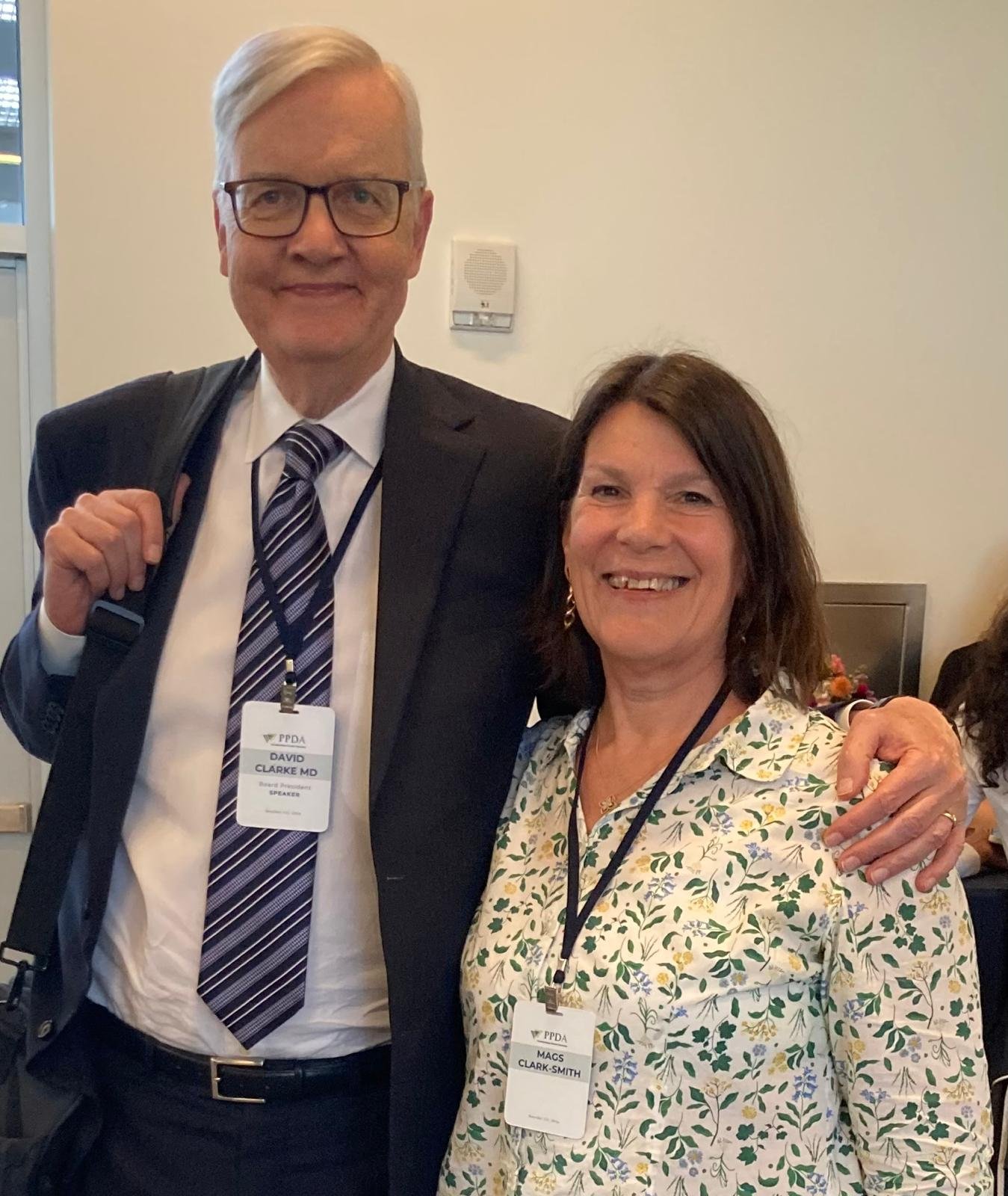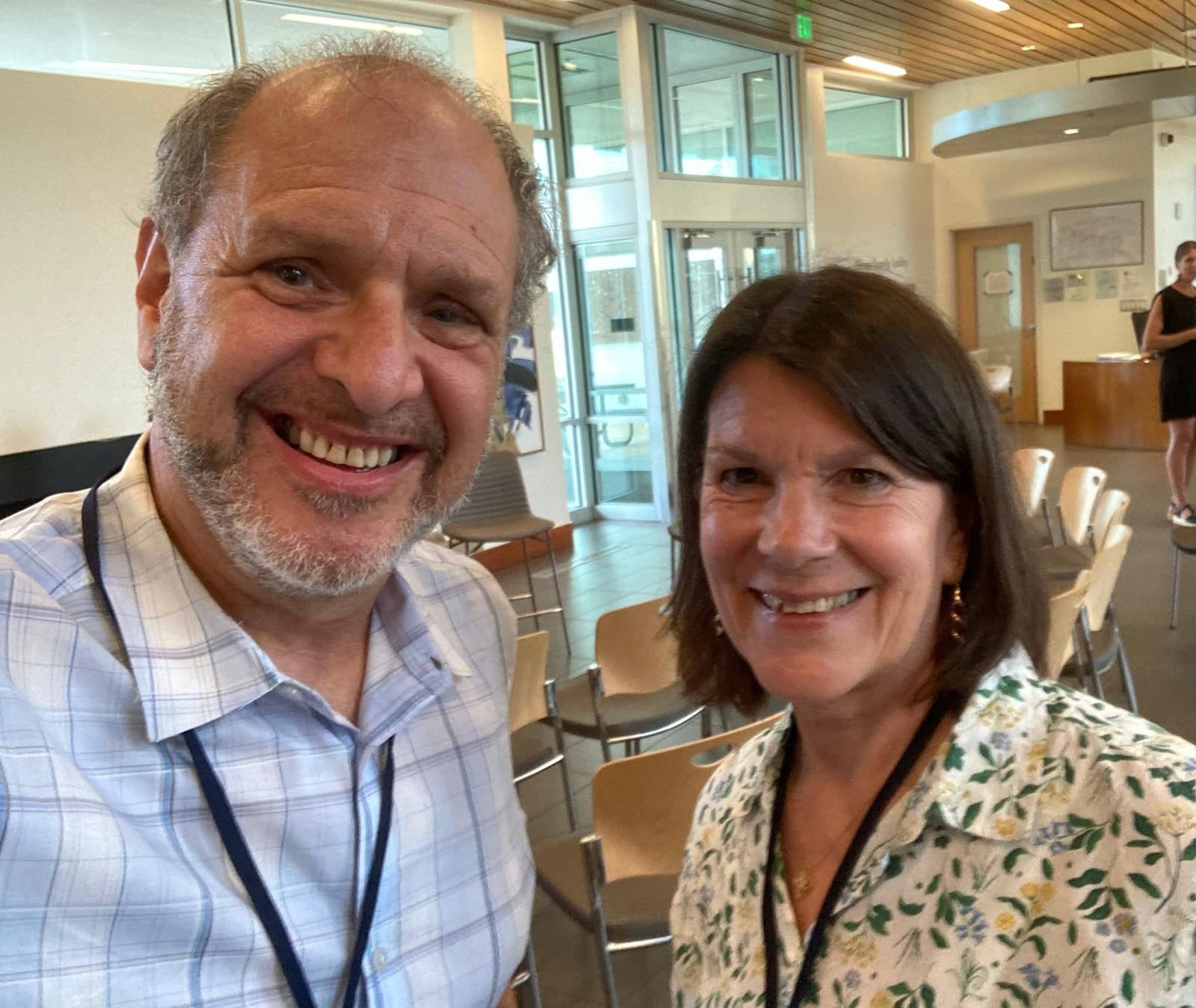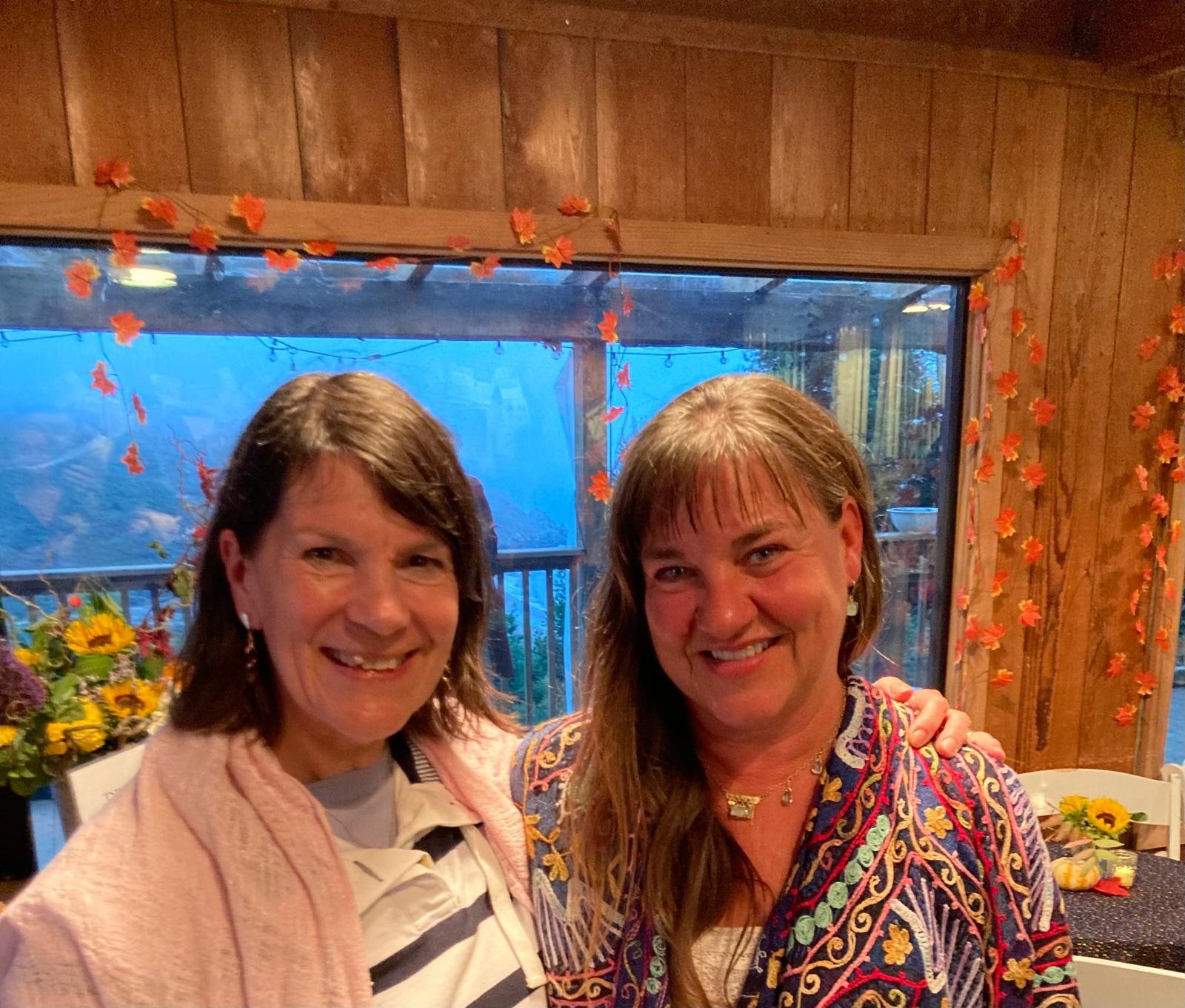It was a Tuesday evening, and I was feeling a little tired. A combination perhaps of the darker, colder evenings and busy planning for the end of the year. At first I was a little reluctant to get dressed up and go out to a restaurant in Dublin, but I soon geared myself up and off I went.
It was a dinner for some of the mothers from one of my children’s schooldays. We’ve met up semi-regularly over the years, and this was our ten-year reunion. I had been one of the organisers, and it had taken some effort to bring it together, especially at a busy time of year. As soon as I walked into the room, I was reminded how much that little effort is worth it. It was wonderful to see friends again, and to reconnect with some women who I had lost touch with over the years. We all heard the major updates in the lives of our children, and caught up with how our own lives have changed since we last met.
The pandemic seems (thankfully) a long time ago now, but I am still reminded how lucky we are to be able to meet up in person. This kind of reunion took some time to organise, but it was so worth it to rekindle and maintain those connections. I had a similar feeling after meeting colleagues and collaborators during my trip to Canada and the US earlier this year – it was an effort to get there, but a fantastic reward to meet like-minded people in person. Sometimes attending these meetings can be a little tiring, whether they are for work or socialising – especially at this time of year. It’s important to rest and take care of yourself, but sometimes, it’s important to push yourself to get out the door and make those connections.








